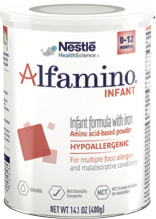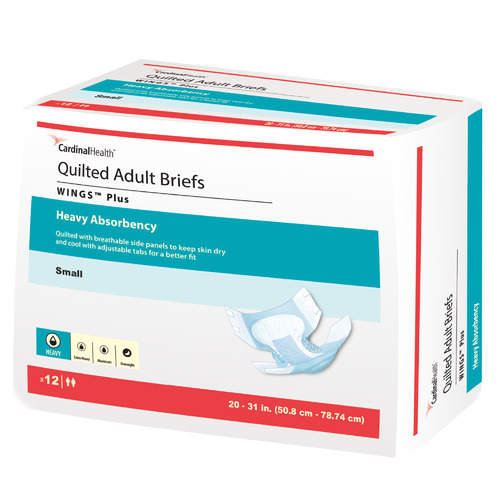Description
A 20-cal/fl oz, iron-fortified, lactose-free, hypoallergenic infant formula designed for infants who are allergic to the intact proteins in cow’s milk and soy formulas. Hypoallergenic protein source (extensively hydrolyzed casein) to help avoid an immune system response by reducing the allergen exposure, and the probiotic branded LGG® to help support the strength of the intestinal barrier and digestive health. Works fast and is clinically proven to start to manage colic due to cow’s milk allergy in as early as the first feeding, with 90% of infants improving within 48 hours.† Results in 0% blood in stool after four weeks of feeding. Helps infants consume milk protein without an allergic response in as early as six months of feeding. Helps reduce ‡ the likelihood of other allergic manifestations by~50% at 3 years of age. Contains the probiotic branded LGG® to promote a healthy GI and immune system by supporting a balanced immune response, colonizing the infant’s gut to support a healthy microflora and promoting normal gut barrier function. DHA and ARA to promote brain and eye development. DHA at the clinically proven§ amount of 0.32% of total fatty acids, the same amount as the worldwide breast milk average|| and double the amount found in the leading competitor’s product.
¶ Clinically proven in over 75 clinical studies.
† Lactose-free. Has no sucrose# as a carbohydrate source.
† Some studies were prior to the addition of DHA, ARA, and LGG.
‡ Rhinoconjunctivitis, urticaria, eczema, and asthma.
- Studies compared infants fed Enfamil® with DHA and ARA vs. discontinued Enfamil without DHA and ARA; studied before the addition of prebiotics.
|| Average amount of DHA in worldwide breast milk is 0.32%
± 0.22% (mean ± standard deviation of total fatty acids) based on an analysis of 65 studies of 2,474 women.
¶ Nutramigen with Enflora LGG has not been shown superior to the leading competitor in promoting brain and eye development. The level of DHA in Similac Pro-AdvanceTM is ~0.15% of total fatty acids.
# When hereditary fructose intolerance is a concern.







Reviews
There are no reviews yet.